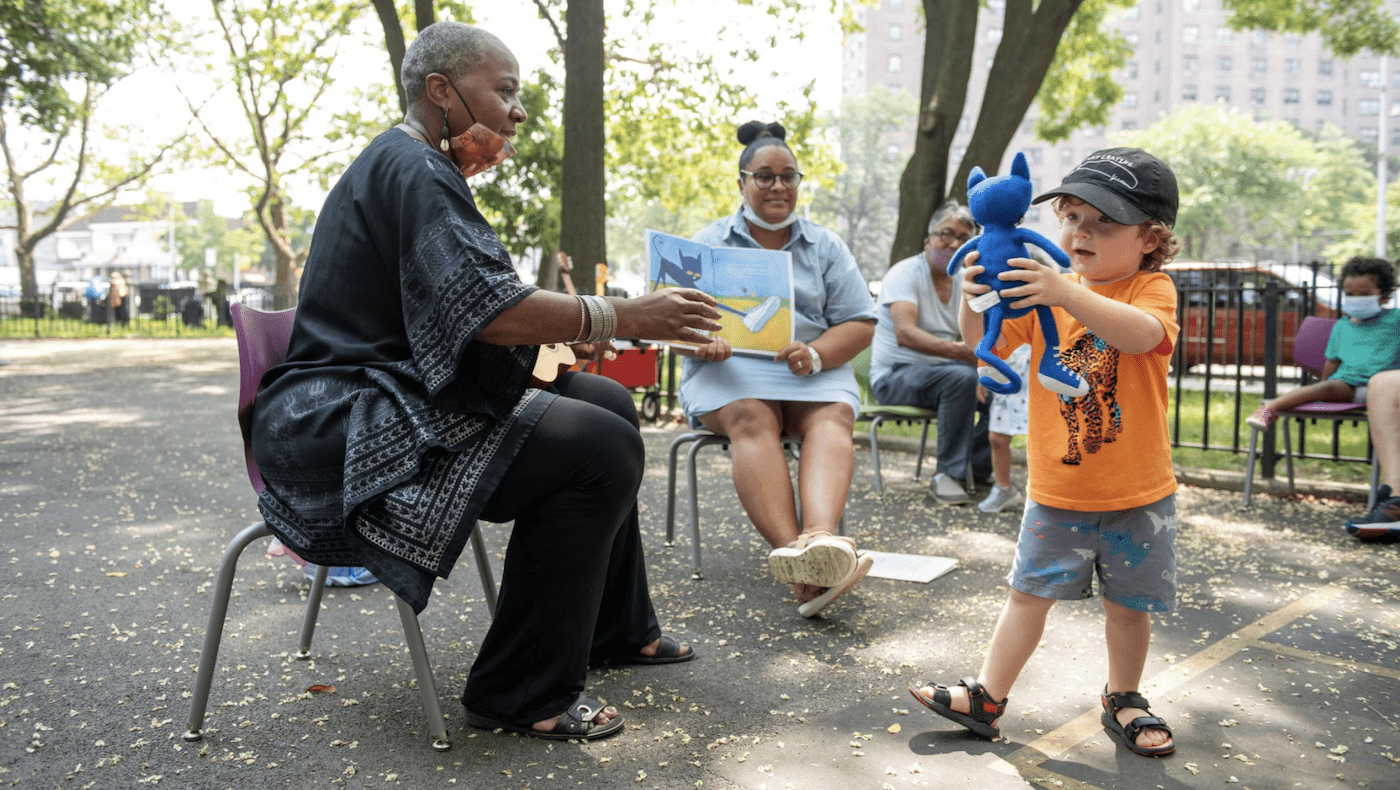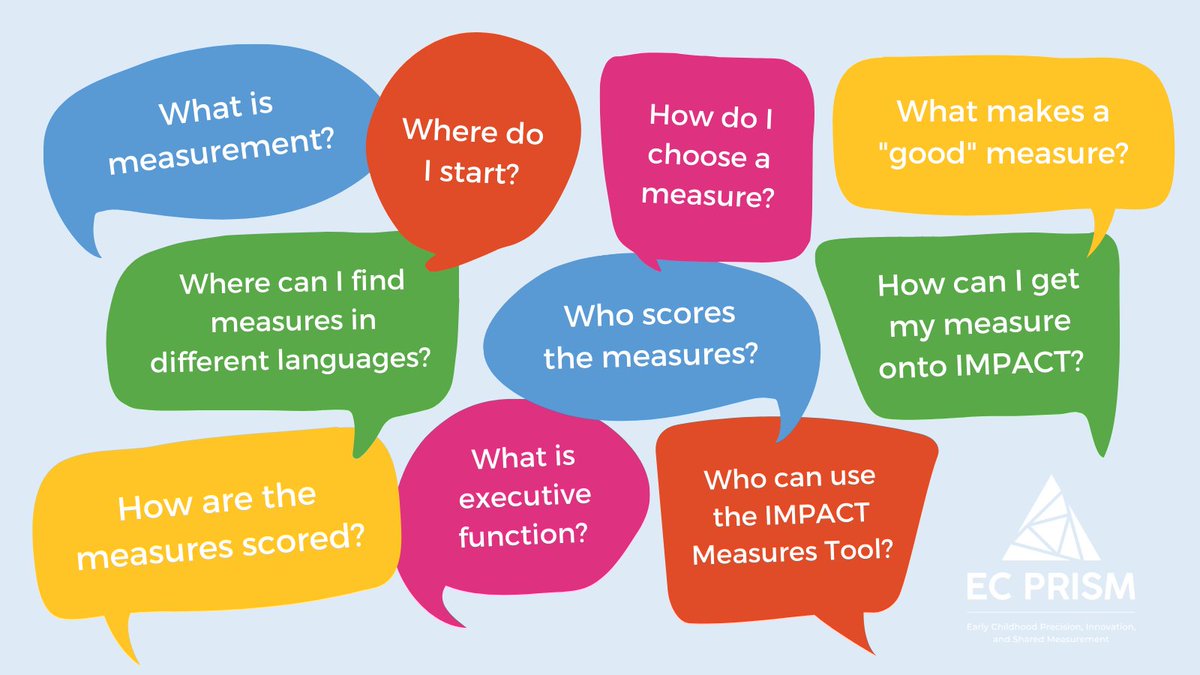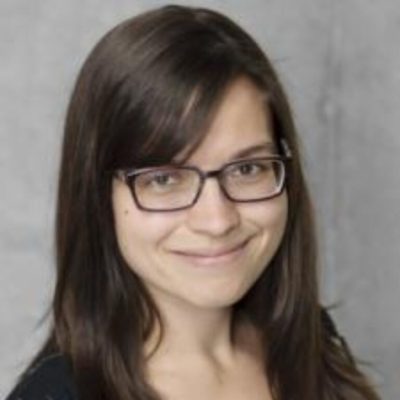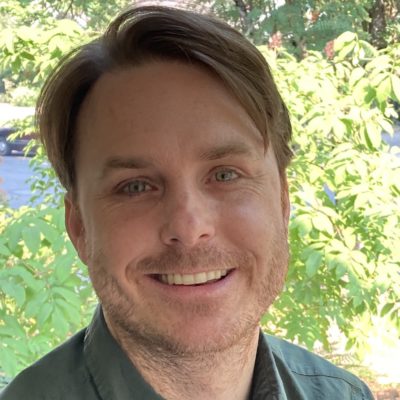Meet EC PRISM: Redefining Evidence in Early Childhood

EC PRISM has partnered with Robin Hood and FUEL for the last 4 years to provide EC PRISM’s brand of technical assistance to Robin Hood community partners. We have been excited to partner with FUEL since its inception for many reasons, one of which is alignment in how we approach evidence.
These days, many are debating the idea of evidence – what qualifies as evidence, how should it be used, and, most importantly, who gets to decide? Put simply, evidence is the data behind a particular opinion, action, or practice. For instance, the popular term “evidence-based program” typically describes social programs that use data to show that the program is impactful. The push for evidence-based programs has increased accountability for policymakers to ensure funding goes to programs that are having a positive impact on children and families. However, the emphasis on evidence-based programs has also led to discounting of programs, interventions, and community practices that don’t have the capacity or desire to develop evidence that fits this model. Which brings us back to this question: who gets to decide what qualifies as evidence?
Historically, a very small number of privileged, highly educated, typically white and male professionals within universities have decided what qualifies as evidence. Most people assume that scientific research within universities and the evidence it produces are “objective,” or free of bias and representative of the truth. While good research certainly aims to be objective, no amount of rigorous application of the scientific method can eliminate the biases of the humans actually doing the research. And by labeling evidence gained by scientific research as the only “legitimate” proof of whether an intervention is effective or not, we miss out on other equally valid and informative ways of knowing, like individuals’ lived experiences. So, when we use the term evidence-based programs, we are implicitly approving of certain ways of knowing the world around us and discounting others.
We at EC PRISM spend a lot of time thinking about the question “what is evidence?” We’re a group of practice-minded folks who want to help all children and families thrive by working to help eliminate disparities in early childhood program outcomes. What is the best way to do that? Empower those organizations doing important work in the early childhood space with science-based tools and support to maximize their impact for all children and families. We use tools like the development of a theory of impact, recommendations for evaluation designs, and strategies for data analysis to translate traditionally academic research concepts to be relevant and actionable in practice for organizations on the ground. Essentially, we help early childhood organizations conduct their own research to find out how well, and for whom, their programs are working.
At EC PRISM, we believe that evidence can be more than just statistical significance, and that research doesn’t have to be just for those who work at universities, or those with fancy degrees. Instead, we believe anyone can harness the power of research to learn more about their efforts to help children and families. So, how can we ensure that we gather the information necessary to build a case for these programs? Rather than emphasizing those research tools typically seen as the “gold-standard,” we aim to also focus on qualitative data, in the form of interviews and focus groups, that can capture more varied experiences than quantitative data. Quantitative data and statistical analyses are great for answering precise questions about how a program works, or measuring impact over time, but they fail to address the complexity of the human experience. Helping programs to find the right tools to capture their impact, whether quantitative or qualitative, is something we at EC PRISM love to do.

We also believe in the power of communities to deeply understand their own needs and how best to meet them. The leaders best suited to create real change are those with community wisdom and experience that inspire it! Our organization aims to empower those doing important work in the early childhood space with science-based tools, to build on their existing efforts and gather the evidence to back them. Without meaningful engagement from the community, the effectiveness of changes driven by traditionally rigid scientific techniques will always be limited and incomplete. They may even be harmful or counterproductive.
EC PRISM has worked to center community voices at the beginning of measurement and evaluation planning with early childhood organizations. Because of this, the first step in our engagement with teams is interviewing various stakeholders involved in the program to hear about their experiences firsthand. Engaging in this practice has been so valuable to help us ground our work in the lived experience of the communities we’re hoping to help serve, which in turn shapes our translation of research tools to better fit individual communities.
Robin Hood’s newest initiative, FUEL for 50, especially embodies our alignment on what evidence is and the importance of learning from communities directly. Engaging community partners from the beginning through focus groups to weigh in on many aspects of the prize – from framing to communication to the actual logos to be used – demonstrated Robin Hood’s commitment to making community involvement a foundational component of FUEL for 50.
EC PRISM is excited to partner with Robin Hood throughout the FUEL for 50 challenge to help celebrate the amazing work of FUEL for 50 awardees and support them to expand on this work in whatever ways they choose to best suit the needs of their communities. By redefining evidence, and how we can generate it, through our work, we hope that early childhood organizations can feel empowered to show how their programs are impacting the lives of children and families. By making valuable research tools and theories accessible to early childhood organizations who can use them to more fully understand the important work they’re already doing, we hope that more effective programs can reach more families, especially those who have been left out of the evidence base of evidence-based programs thus far. We hope that this work will lead to a new evidence-based practice movement, where scientific research and community-driven solutions are not viewed as an either/or situation. What communities already know about what works is just as important —if not more important—than what research can say about this. EC PRISM hopes to help all our teams, including FUEL for 50 awardees, generate the best evidence to support their work and accomplish their goals.

